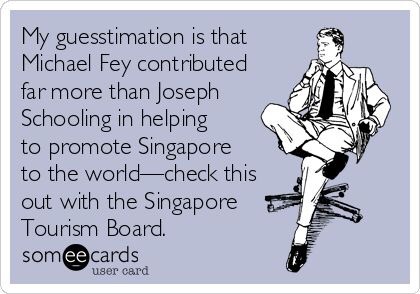
If you’re thinking of an early retirement and considering playing lottery or indulging in crypto speculation in achieving your financial goal, you can’t merely hope or pray for the best.
Even Lady Luck favors those who diligently put their mathematical or probabilistic knowledge into practice. You can’t be a passive pray-er!
As a “math person,” there are certain “smart” steps you’d take to increase the chances of winning the lottery or outperforming the market. For instance, if you longed to be one of the few (or the only one) rather than one of the many winners in a 4D or TOTO draw, it’s wiser to choose the oft-dreaded 0000 (or deadly 4444) instead of the boring 1234 or auspicious (or superstitious?) 8888.
Remember: Not all 4Ds are treated the same—some are luckier than others!

In case you think that only semi-educated, semi-innumarates, or blue-collar folks (or MAGA patriots or Jan. 6 “hostages”) play lottery or visit casinos, you couldn’t be more wrong.
A decent (or probably obscene?) number of mathematicians and math educators worldwide frequently (or discreetly) try their luck in all kinds of gambling activities, legal or illegal.
It looks like they “know” something that the majority of “educated” folks tend to dismiss as a recreational or get-rich-quick activity for the “uneducated” or “mathematically challenged.”

Who are laughing all their way to the bank? Who are we to judge these street-smart folks, who’re now financially independent while their geeky friends are barely surviving to pay the bills or mortgages?
There are more than one way to be cash-rich (but often time- or health-poor), and 4D lottery is one such arguably sinful avenue or option to fulfilling that dream.
How are they (morally) different: Young Singaporeans speculating in crypto hoping to retire early, and their parents or/and grandparents playing 4D and TOTO every week also praying to retire prematurely?
Luckily & wealthily (and generously) yours
References
Number 0000 wins second prize in 4D draw for second time after over 10 years tinyurl.com/mv9pfk4m
Number 0000 wins second prize in 4D draw tinyurl.com/m3kchuvw
© Yan Kow Cheong, November 23, 2024.


















